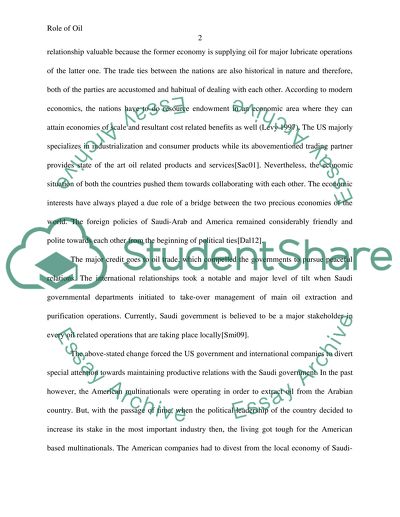Cite this document
(“Saudi Arabia and US Relations: A Mediating Role of Oil Literature review”, n.d.)
Saudi Arabia and US Relations: A Mediating Role of Oil Literature review. Retrieved from https://studentshare.org/history/1487483-how-did-the-oil-shape-the-saudi-us-historical-and
Saudi Arabia and US Relations: A Mediating Role of Oil Literature review. Retrieved from https://studentshare.org/history/1487483-how-did-the-oil-shape-the-saudi-us-historical-and
(Saudi Arabia and US Relations: A Mediating Role of Oil Literature Review)
Saudi Arabia and US Relations: A Mediating Role of Oil Literature Review. https://studentshare.org/history/1487483-how-did-the-oil-shape-the-saudi-us-historical-and.
Saudi Arabia and US Relations: A Mediating Role of Oil Literature Review. https://studentshare.org/history/1487483-how-did-the-oil-shape-the-saudi-us-historical-and.
“Saudi Arabia and US Relations: A Mediating Role of Oil Literature Review”, n.d. https://studentshare.org/history/1487483-how-did-the-oil-shape-the-saudi-us-historical-and.


